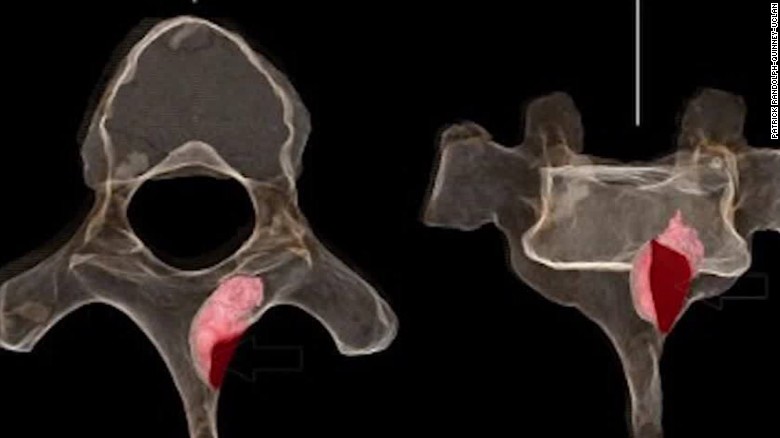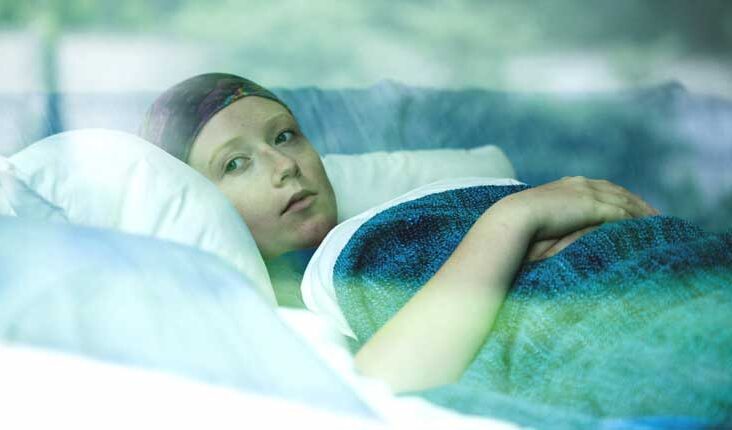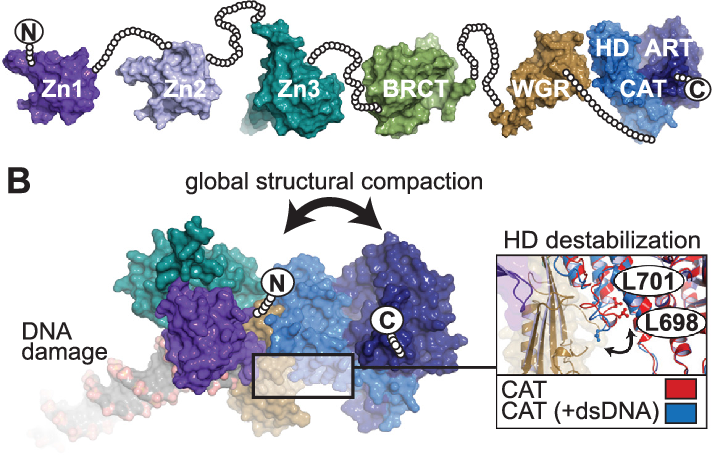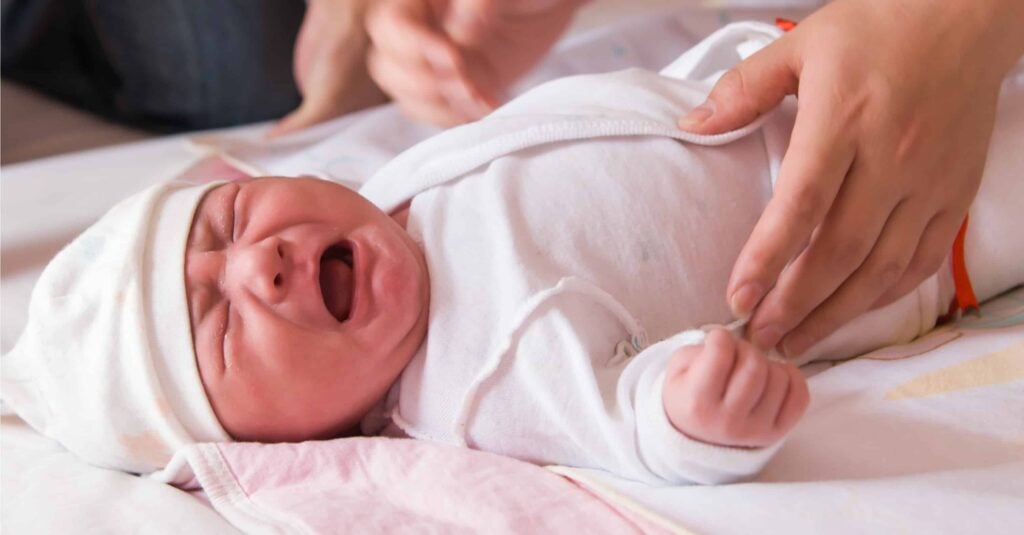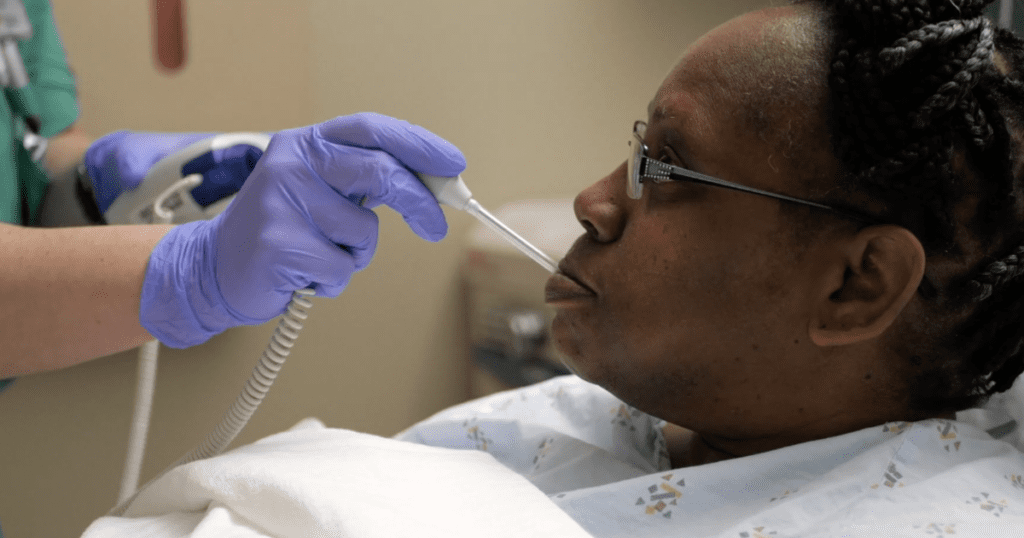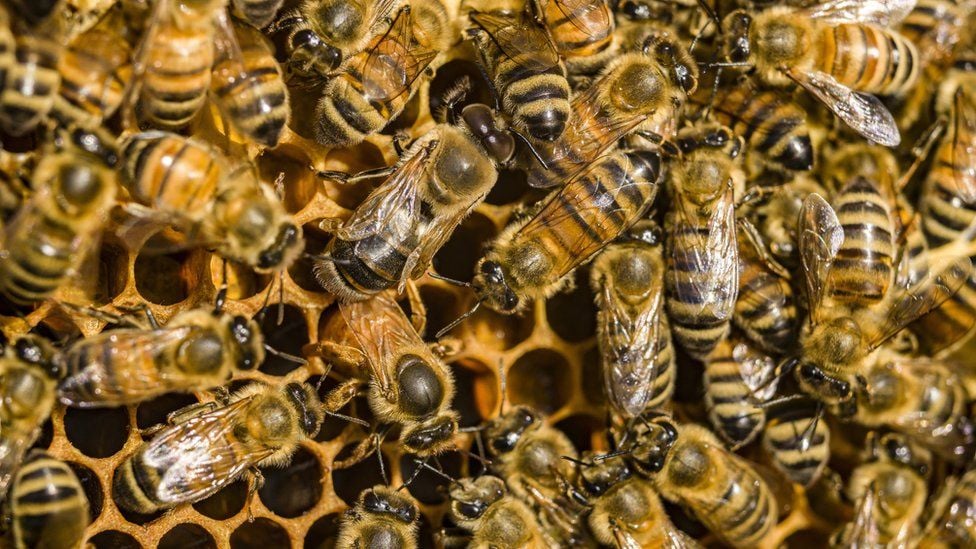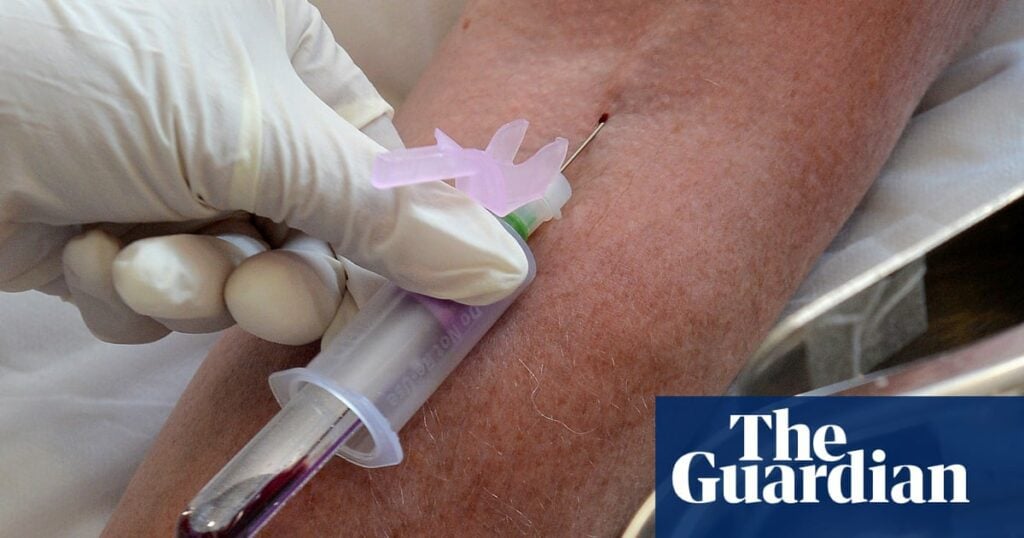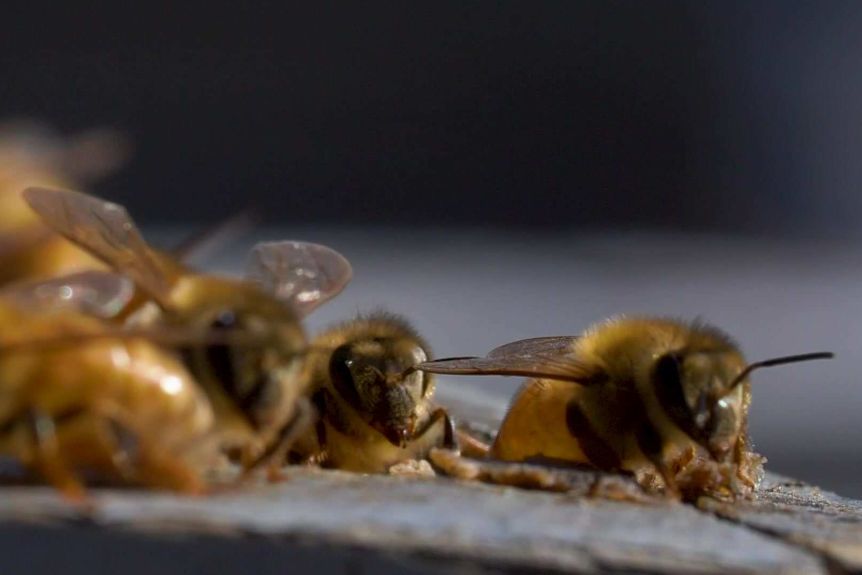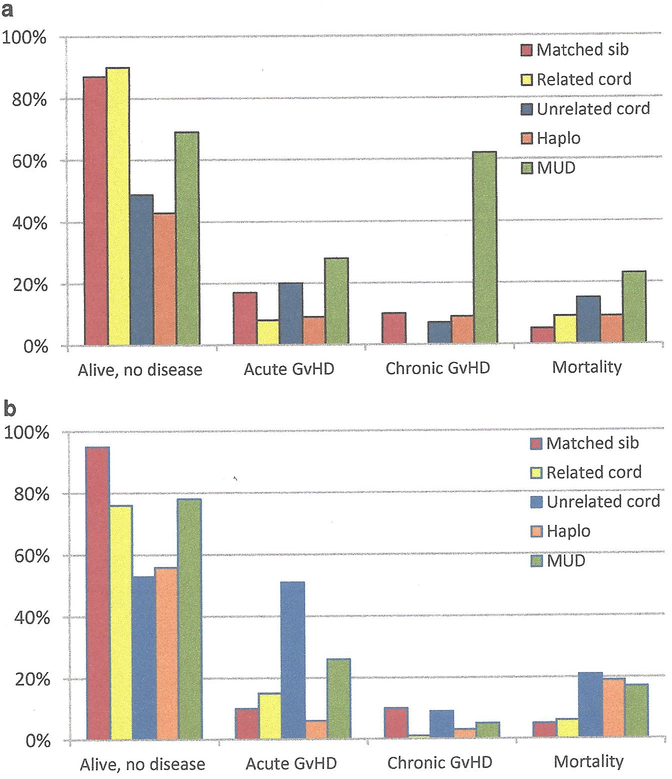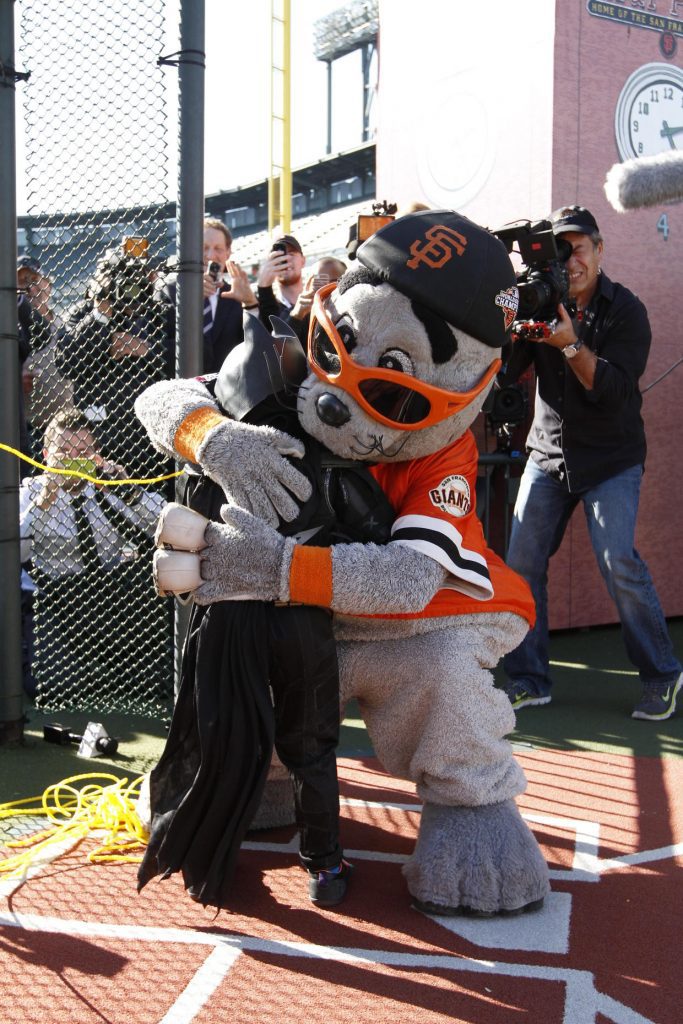Scientists Found Cancer Cells in a 1.7 Million-Year-Old Foot Bone and a 2 Million-Year-Old Spine from Two Ancient Hominin Specimens in South Africa.
Cancer has been observed in humans and other animals throughout recorded history. So it’s no surprise that people have been writing about cancer since the beginning of time. Some of the earliest evidence of cancer can be found in fossilized bone tumors, ancient Egyptian human mummies, and ancient manuscripts. But did you know where scientists […]
